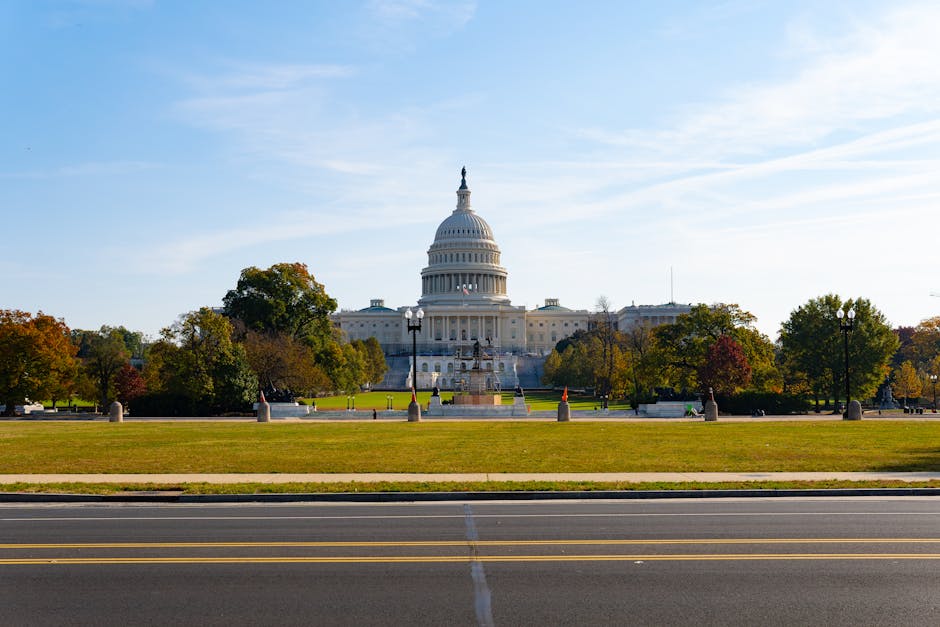Political instability, a pervasive issue across numerous regions globally, manifests in various forms, from brief periods of unrest to prolonged periods of conflict and state collapse. Understanding its enduring presence requires delving beyond simplistic explanations and acknowledging the intricate interplay of factors that contribute to its persistence. This article explores the multifaceted nature of political instability, examining the complex web of socioeconomic, historical, and political threads that knot together to create a volatile environment.
Historical legacies cast a long shadow, influencing present-day political landscapes. Past colonial practices, often characterized by arbitrary borders, the exploitation of resources, and the imposition of foreign governance structures, have left deep-seated grievances and inequalities that persist even after independence. These injustices, coupled with uneven power distributions, create fertile ground for resentment and social unrest. The legacy of authoritarian regimes, marked by oppression and the suppression of dissent, can also contribute to a culture of mistrust and a lack of institutional capacity for peaceful transitions of power. Furthermore, unresolved historical conflicts, such as ethnic or religious disputes, can fuel animosity and hinder reconciliation, leading to cycles of violence and instability.
Socioeconomic disparities play a crucial role in exacerbating political instability. Widespread poverty, inequality, and lack of opportunities often breed resentment and frustration, creating a pool of potential recruits for extremist movements and fueling social unrest. Uneven distribution of resources, including land, wealth, and employment, can inflame tensions between different groups within a society, potentially leading to violent conflict. Furthermore, lack of access to basic services, such as education and healthcare, can create a sense of disenfranchisement and further exacerbate the sociopolitical instability. A pressing issue is the correlation between weak governance and economic inequality, creating a vicious cycle whereby economic deprivation fuels political discontent, and the ensuing instability further impedes development.
Political factors undeniably hold significant weight. Authoritarian regimes, often lacking legitimacy and reliant on repression, frequently face challenges in maintaining control and can succumb to instability, particularly during transitions of power. Elections that are perceived as flawed or rigged can trigger mass protests and demonstrations, creating conditions for significant political upheaval. Weak or corrupt institutions, unable to provide essential services or enforce the rule of law, pave the way for a loss of faith in the government. Moreover, a lack of inclusivity in political processes, limiting participation for certain groups, can easily stoke resentment and incite conflict. The fragility of democratic institutions and the absence of strong checks and balances often exacerbate political crises.
External factors are equally crucial. The presence of powerful external actors, with vested interests in the region, can exert undue influence on political processes, hindering the development of stable and sustainable governance systems. Economic sanctions, imposed by external powers, can further destabilize a region and cripple its economic resilience. Regional conflicts, proxy wars, and the flow of arms often spill over into neighboring states, adding another layer of complexity to existing political tensions.
Addressing the complex roots of political instability requires a multifaceted approach. Promoting inclusive governance is vital; this necessitates fostering conditions for peaceful transitions of power, supporting free and fair elections, and ensuring the participation of all segments of society. Furthermore, economic development must be prioritized to alleviate poverty and inequality. This means focusing on creating sustainable jobs, improving access to education and healthcare, and ensuring equitable resource distribution.
Furthermore, addressing the historical grievances and promoting reconciliation are essential components in the quest to create a stable and secure environment. Reconciliation efforts need to be genuine and inclusive, encompassing victims, perpetrators, and witnesses of past atrocities. Strengthening institutions, including the judiciary and law enforcement, is crucial for establishing the rule of law and ensuring accountability. Finally, the international community must play a more constructive role by supporting peaceful conflict resolution, avoiding the imposition of solutions, and fostering dialogue among all relevant actors.
In summary, political instability is a complex phenomenon with deep-rooted causes. Addressing it requires a multifaceted approach that tackles historical grievances, socioeconomic disparities, political factors, and external influences. Only by understanding and tackling the interconnected nature of these issues can sustainable solutions be identified and implemented, fostering a future of peace and stability. The path to lasting peace and security hinges on a collective effort, involving both regional and international actors, in creating inclusive, equitable, and resilient societies.
